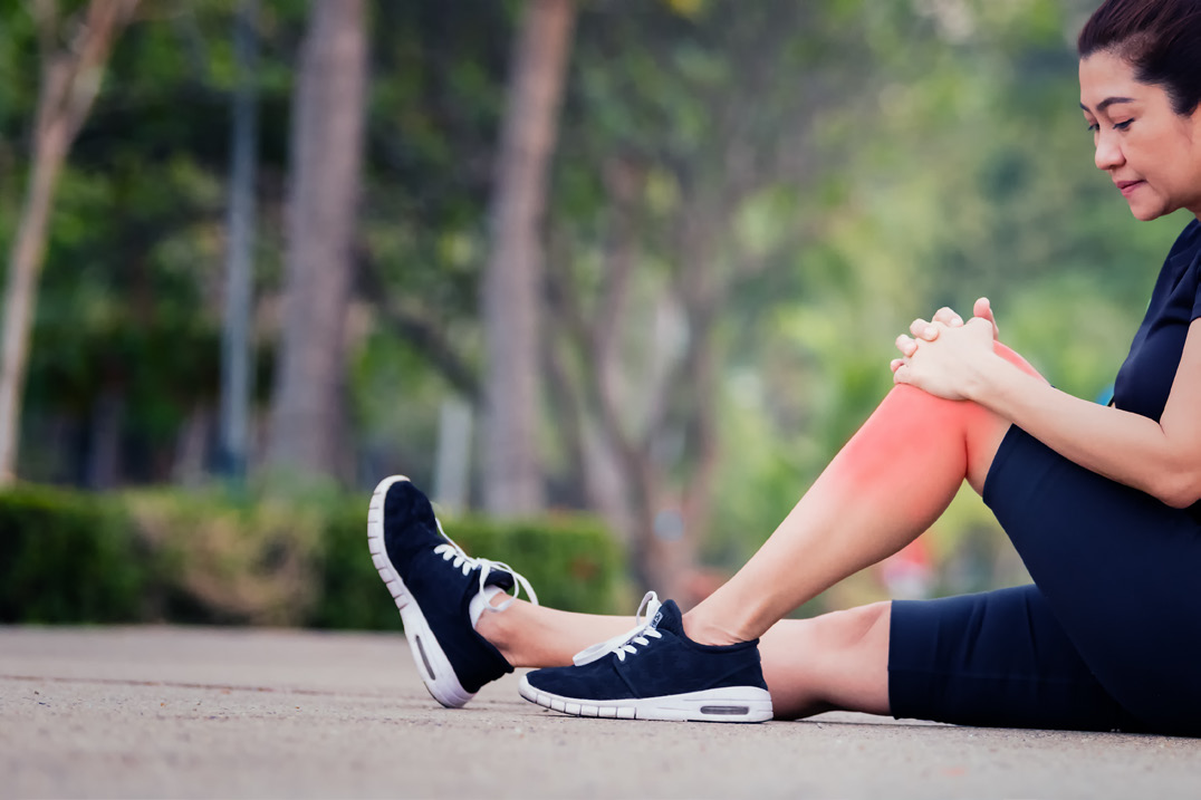NZ U-20 tour of Chile
Wed July 2nd 2025


A patient will not notice a specific event or accident to cause patellar-femoral joint pain (PFJ pain). It usually occurs over a period of time. The symptoms of PFJ pain are generally a vague pain around the inner knee area. Sport or running aggravates this pain. Patients may also have a sense of tightness in the knee area. If a patient has PFJ pain they can sometimes hear cracking and popping noises beneath and on the inside of the kneecap.
The knee cap is normally pulled over the end of the thigh bone in a straight line by the thigh muscle. Patients with PFJ pain usually have abnormal patellar tracking toward the outside of the thigh bone. This out-of-alignment pathway allows the undersurface of the patella to ‘grate’ and ‘grind’ along the thigh bone causing inflammation and pain.
We know that the knee is a complex group of joints, ligaments and muscles that need to work in the correct biomechanical pattern to help facilitate movements (such as in sport), but also to prevent injury from reoccurring.
The knee and knee cap require a strong stable base to function. Pain, spasm and inflammation will develop if you keep using your knee while you have an injured knee cap. This in turn causes you to develop poor movement patterns. Your walking / running style will be altered. Strength deficits will occur in your knee and the surrounding muscles and joints. These strength and biomechanical deficits will become a habit and you will be consistently in pain or your knee will frequently give way or feel unsteady.
Treatment for your pain and stiffness is really important because it makes you feel better and relieves the pain. This treatment will allow you to get back to work, sports and daily life.
Treatment of your knee pain will make you feel better. However, if you have the pain treated (massage, mobilization, medications, taping), but do not correct your knees biomechanics and strength deficits, you are only receiving a “temporary relief” from your pain, and it is likely that your pain will reoccur. This is only short-term relief, and not a long-term solution.
Need help tackling an injury or pain? Enter your name below to get started booking an appointment.